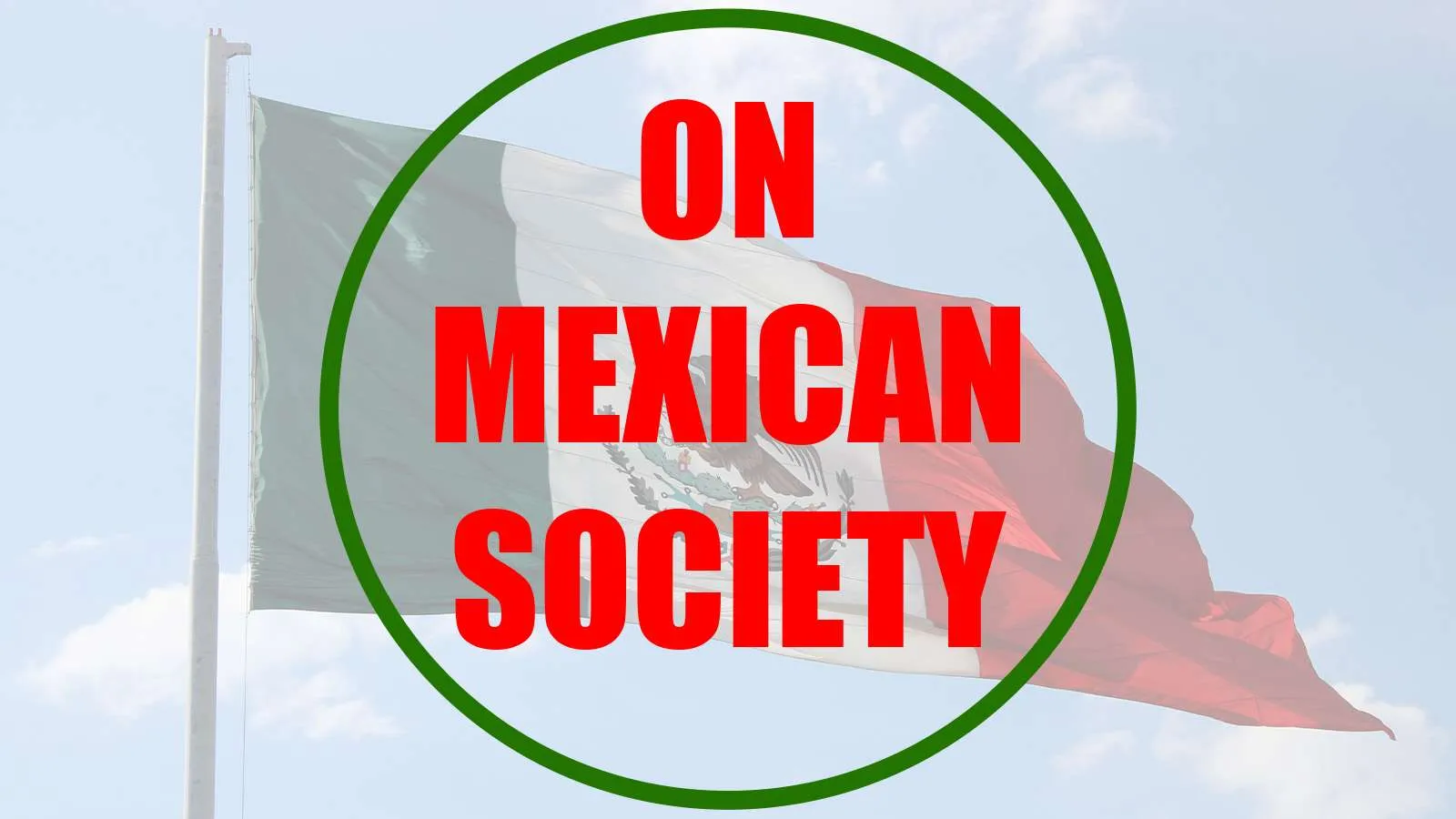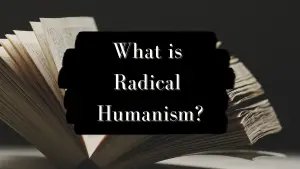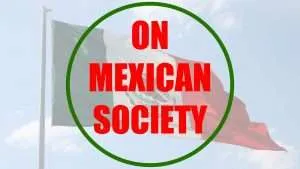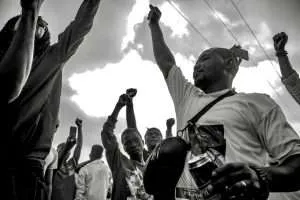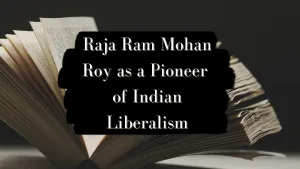A Reflection on Impunity and Risk of Political Incidence During Electoral Processes
An electoral process was recently held in the country in which more than 20,000 public offices were at stake, including the renewal of part of the federal Congress and some state congresses, as well as 15 governorships. For some it was a historic election due to the number of positions at stake and the increase in female participation in public office and the reconfiguration of political forces in the country. For others, the 2021 elections stood out with the most electoral violence in Mexico.
According to Etellekt, from September 7, 2020 to June 5, 2021, 910 attacks against politicians and candidates were registered. 17.5% more than in the 2018 elections, considered until this year the most violent in recent history in the country with 774 attacks according to an investigation derived from the Senate in 2018.
Among the attacks recorded, the most worrying are the number of murders and the way in which these events occur. The 91 cases registered by Etellekt allow us to infer that the executions are becoming more daring. Sources like Milenio let us infer that the violence took place in public places, be it roads, buildings or political rallies.
Other Acts of Electoral Violence in Mexico
To this must be added other types of aggressions such as kidnappings and attacks with high-caliber weapons, either directly to the person who aspires for public office or to people close to him/her. Considering family members and public servants close to political figures, the number of people executed rises to 252 in these elections.
This means that attackers act with little or no fear of legal consequences for directly attacking politicians and candidates. Crime levels in various parts of the national territory reflect that violence is becoming more and more often a main resource for certain groups to influence public decision-making.
Organized Crime and Electoral Violence in Mexico
Is organized crime the aggressor of political figures? It is obvious that in many cases there is an interest on the part of drug trafficking and other illegal associations in controlling territories within the country by disputing, in words of Max Weber, the legitimate monopoly of violence.
However, to maintain territorial control, direct confrontation with the State is not the end of these violent organizations. But rather the creation of a solidarity network that allows them to protect their illegal activities and put their products and services into circulation without social opposition.
Sociology of Electoral Violence in Mexico
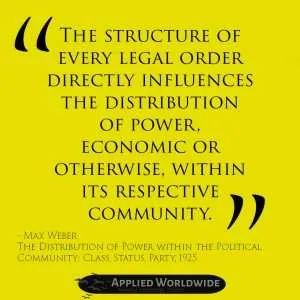
We must remember that Weber argues in Economy and Society that violence alone cannot sustain a subordination relationship in a social space, it requires mechanisms of legitimacy that produce a symbolic framework that sustains the obedience of social groups to the association that wants to control a territory.
While the State mainly uses rationality with adherence to the rules, based on the legality of the institutions, violent associations, on the contrary, by operating outside the legal framework, sustain their legitimacy mainly through charisma by distributing resources, offering employment and other forms of assistance to vulnerable populations, winning their loyalty. These associations guide the action of the population towards their illicit ends by exploiting the family ties that connect the violent agents with the rest of the population.
Symbolic Disputes
This symbolic dispute between state legitimacy and that of violent associations represents the true background of the Mexican territorial conflict. As an example Sandra Ley and Guillermo Vázquez relate that since 2020, the delivery of aid in the form of food, medicines and even money linked to leaders of groups associated with criminal activities in at least five entities of the country have been reported in the media ecosystem. This practice is not new in the country, but it was accentuated during the pandemic and continued during the electoral process without any sanctions.
With the excuse of providing support to vulnerable population sectors, the drug trafficking network reinforced its community ties during the pandemic, carrying out campaigns similar to those carried out by politicians during the campaign period.
Mexico has a problem in some territories. According to some sources like El Universal, the United States security institutions estimate that around 30 or 35% of Mexican territory is controlled by groups linked to organized crime.
Loss of Influence of the Mexican State
This loss of influence of the Mexican State over some of its territories is even more aggravated, if sociologically, instead of thinking about violence, we think about the symbolic elements behind violent associations to cover their activities. When these symbolic mechanisms based on charisma and loyalty fail, criminal groups have no problem exercising their ability to damage the integrity of people or property to regain control of those territories due to the impunity that prevails in the country.
However, to think that those who carry out this kind of violence are only organized crime would be naive. Impunity and corruption in the country have increased so much that violence has become another resource in Mexican power relations. Other political groups can exercise violence when electoral trends do not favor their interests in a certain territory.
The numbers presented by Etellekt indicate that there is an upward trend on the part of certain groups of using attacks on political figures to coerce. The electoral violence manifested this year shows that our security and justice institutions do not operate efficiently, which encourages violent associations to use property damage and the physical integrity of people to influence social action.
It seems that we are going back more and more to those first post-revolutionary years, where democratic institutions and processes were not consolidated, where the power of arms outweighed the proposals, where negotiations were agreed by the weight of lead and not words.
Final Thoughts on Electoral Violence in Mexico
Definitely it is necessary to celebrate that a new electoral process occurred in the country and that the democratic institutions are still operating. But we must pay greater attention to strengthening justice and security systems that guarantee the integrity of people and discourage the use of force as a means of negotiation.
It is not normal for so many assassinations to occur in an electoral process and it is more worrying when that trend increases in each electoral process. If we do not address this problem now, the violence will eventually erode Mexican democracy, it will increasingly affect the freedom of citizens to choose their representatives. Currently, candidates can be kidnapped during the campaign period and even executed for threatening the interests of local power groups.

